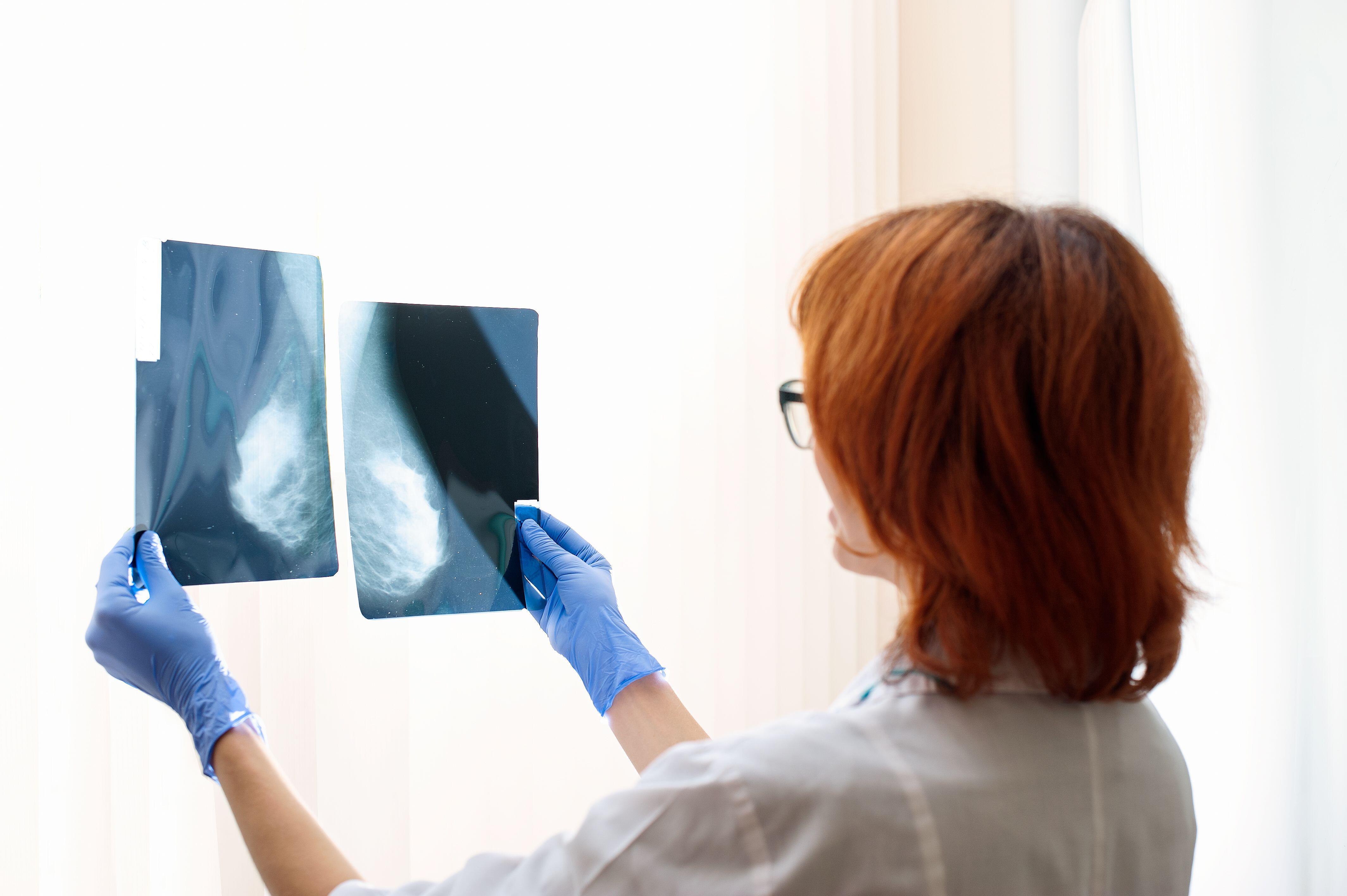Low risk of overdiagnosis linked to breast cancer screening – study
Researchers said that there is a ‘low risk’ of overdiagnosis for women who take part in the screening programme.

Your support helps us to tell the story
From reproductive rights to climate change to Big Tech, The Independent is on the ground when the story is developing. Whether it's investigating the financials of Elon Musk's pro-Trump PAC or producing our latest documentary, 'The A Word', which shines a light on the American women fighting for reproductive rights, we know how important it is to parse out the facts from the messaging.
At such a critical moment in US history, we need reporters on the ground. Your donation allows us to keep sending journalists to speak to both sides of the story.
The Independent is trusted by Americans across the entire political spectrum. And unlike many other quality news outlets, we choose not to lock Americans out of our reporting and analysis with paywalls. We believe quality journalism should be available to everyone, paid for by those who can afford it.
Your support makes all the difference.The benefits of the NHS Breast Screening Programme outweigh the small risk of overdiagnosis, according to a new study.
Researchers said that there is a “low risk” of overdiagnosis for women who take part in the screening programme after they found that just under 4% of breast cancer cases picked up through screening could potentially be “overdiagnosed”.
Overdiagnosis of breast cancer can occur when someone has the disease but it grows at such a slow rate that it would not have caused any symptoms if it had not been caught.
The benefit of screening in preventing deaths from breast cancer outweighs the small risk of overdiagnosis
Women aged between 50 and 71 are invited for screening every three years.
Some have suggested that concerns over the risk of overdiagnosis could prevent some women taking up the offer of screening.
Researchers from Queen Mary University of London and King’s College London researchers, funded by the National Institute for Health and Care Research, set out to examine the levels of overdiagnosis linked to the screening programme.
Their new study, published in the journal Cancer Medicine, examined 57,493 cases among women who attended screening in 2010 and 2011 and compared this to cases among more than 100,000 women who did not attend screening.
Overdiagnosis was calculated as “the cumulative excess of cancers” diagnosed among the screening group compared to those who did not go to their screening appointments.
An estimated 3.7% of screen-detected cancers were “overdiagnosed” – lower than previous estimates.
The authors concluded: “Our results showed little if any overdiagnosis, and it is reasonable to conclude that NHS Breast Screening Programme is associated with at worst modest overdiagnosis of breast cancer.”
Joint lead investigator, Stephen Duffy, professor of cancer screening at Queen Mary University of London, said: “These results provide some reassurance that participation in the NHS Breast Screening Programme confers only a low risk of an overdiagnosed breast cancer.
“Along with the results of our previous study of the effect of screening on breast cancer mortality, this indicates that the benefit of screening in preventing deaths from breast cancer outweighs the small risk of overdiagnosis.”